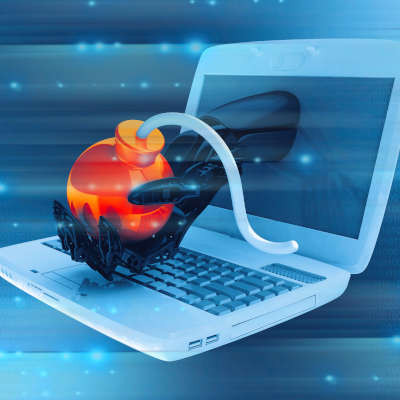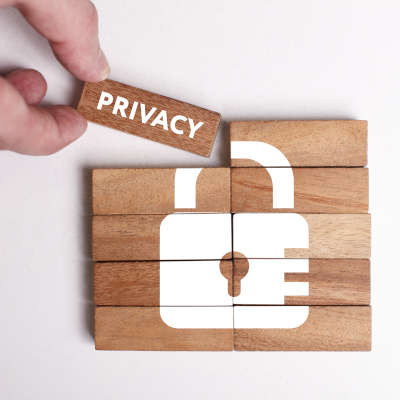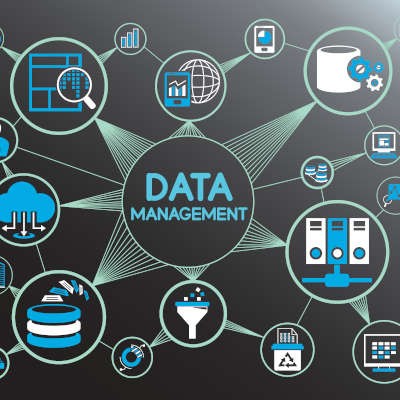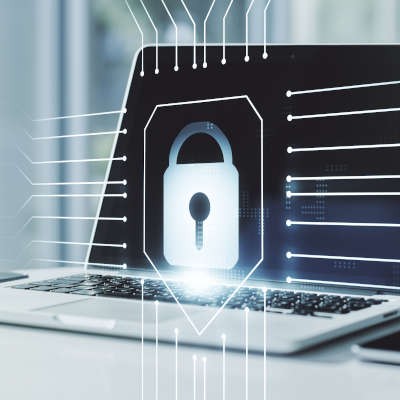Advanced Computers Blog
During this time of year, many people like to sit back and reminisce upon favorite stories from the past. We figured we’d join in the fun by reimagining what many argue to be a holiday classic: Die Hard.
Let’s take a few moments to consider how the story might play out if the action were to take place today…
With remote work remaining a popular option embraced by many businesses nowadays, it is more important than ever that security is prioritized amongst the employees now operating outside of the office. One facet of doing so is to implement a virtual private network, or a VPN. Let’s go over what a VPN is, and how it works to protect your business’ data.
We will often keep an eye on current events to find practical examples to use as evidence in support of our recommended best practices, but a relatively recent Spotify hack has given us a special opportunity. We now have the opportunity to use this one story to reinforce not one, but two such practices. Let’s dive in, shall we?
We’re always talking about the importance of keeping your software up to date. It is the very best way to avoid the vulnerabilities that can cause data breaches. When the Department of Homeland Security tells organizations to patch their software, however, it is urgent. This is exactly what has happened recently regarding the world’s most utilized Internet browser, Google Chrome.
It was pretty evident from the start of the COVID-19 pandemic that many businesses were not prepared to pivot their operations offsite. Many of these company’s leaders spent the past several years convinced that allowing people to work remotely would sap productivity in unsustainable ways. Cybercriminals have taken advantage of many organizations since then. Today, we will talk about what needs to be done to secure your endpoints when supporting a remote workforce.
With so many people working from home right now, businesses have managed to keep their operations going somewhat successfully by using the remote solutions that are available today. While it is fortunate that today’s technology enables businesses to do so, the importance of cybersecurity cannot be understated as remote work is implemented.
We haven’t exactly been shy about sharing our recommendation that a ransomware demand should never be met with payment, but there is now an even more impactful reason not to. This deterrent comes courtesy of the United States Treasury Department, which has released a statement informing businesses of potential fines as retribution for doing so.
With just shy of a month before the 2020 United States Election, there has been quite a bit of concern over the idea that external interests may try to sway the results—and it seems for good reason. Only recently, Microsoft interrupted a massive coordinated hacking plot that could have altered the very infrastructure needed to support a fair election. Let’s examine this plot, and what Microsoft did, in some more detail.
If asked to list its most valuable assets, every modern business currently in existence should include its data on that list. This is part of the reason that data security should be treated as a priority. We know—this isn’t exactly a small ask, so to help, we’ve put together a few tips to get you started off on the right foot. If you’re already working on your data security preparedness, consider this a refresher.
I want you to step out of your role as a business owner for a moment and see yourself once again as the average consumer. How concerned are you that so many businesses have collected and are now storing your personal data, and that you have no control over its privacy? If you feel at all uneasy, you’re not alone… 87 percent of Americans feel that data privacy is a human right in these modern times.
Did you know that over 80 percent, eight-zero, of cyberattacks are the result of stolen access credentials? It’s no wonder that the username/password combination that we’re all used to is being actively phased out by many tech companies—including Microsoft—in favor of more secure, passwordless authentication measures.
Data security has to be a major consideration for the small and medium-sized business, as not having a plan can lead to some pretty ugly situations. To help you prioritize the right things, we’ve made a list of four questions that you’ll need to answer to ensure your business is doing the right things when it comes to securing your data.
I truly hope that, despite everything that has created challenges for businesses in recent months, I don’t need to remind you of the importance of your organization’s cybersecurity. Let’s consider the solutions that you need to ensure your business remains protected throughout this crisis, as well as any others.
Your business may rely on its technology, but it relies on your employees more. This relationship can expose your business to a myriad of different problems that hinder progress and stymie productivity. One of those problems happens to be IT-related threats that come from inside your company. Today, we are going to discuss the different types of insider threats to help you understand what you need to be looking for to keep your data and network secure.
Since 2008, Verizon has released an annual report that details the cybersecurity incident trends from the beginning of the year. As usual, this year’s edition provided some insights into the patterns witnessed in 2019, hopefully giving us a greater appreciation for how cybercriminals are shaping their attacks. Let’s go over some of the trends that the Verizon Business 2020 Data Breach Investigations Report (DBIR) revealed to us.
As a greater proportion of the workforce is spending time at home working remotely, it is important to keep security even more in mind than usual. Not only are people apt to be online more, they will also be outside of the protections that your business provides. This gives scammers an opportunity to embrace.




















